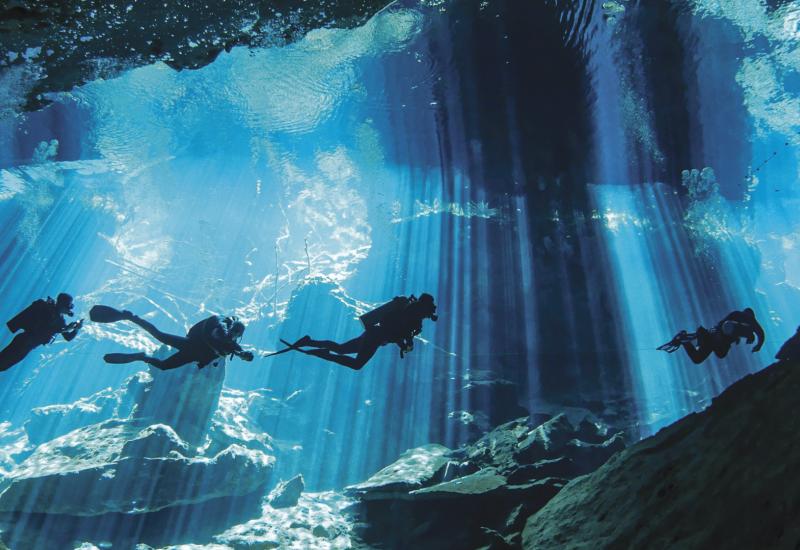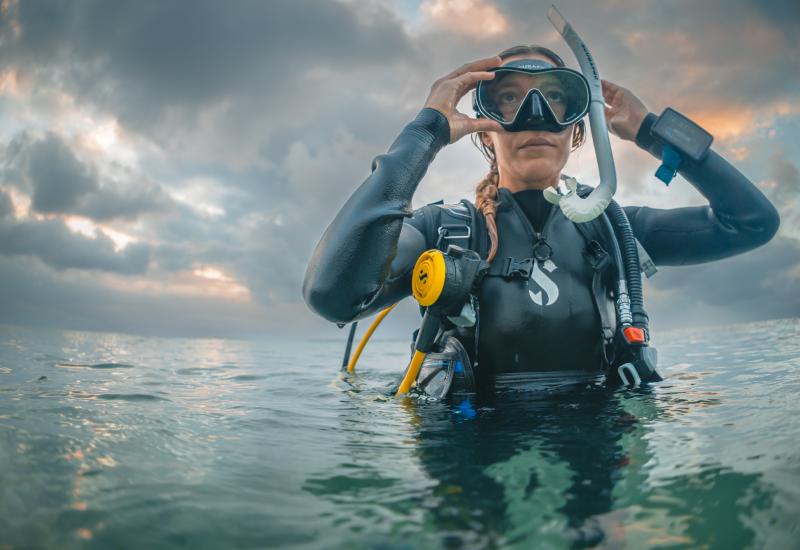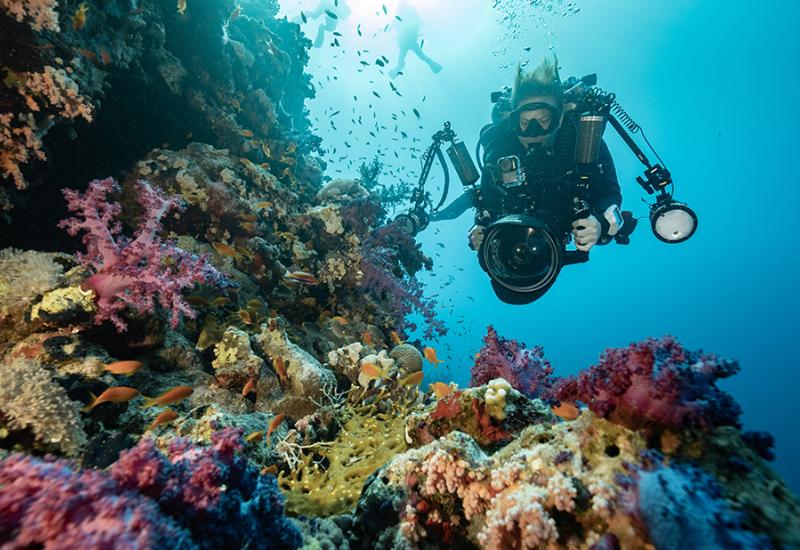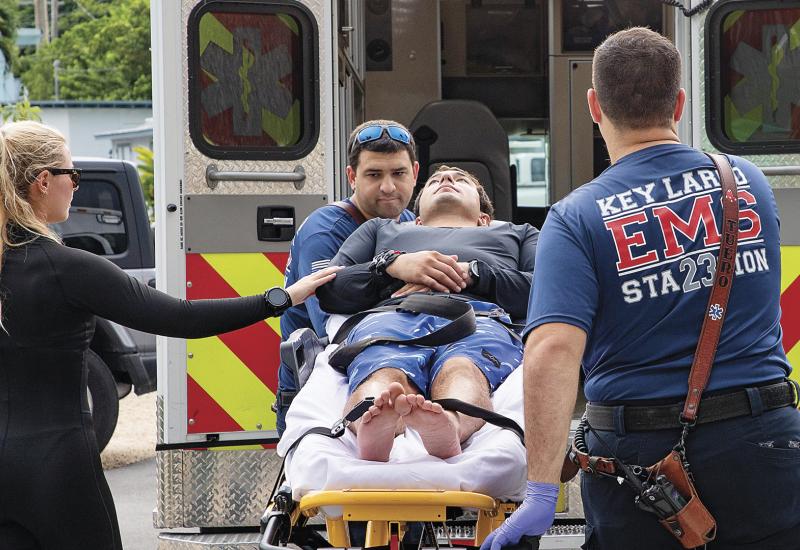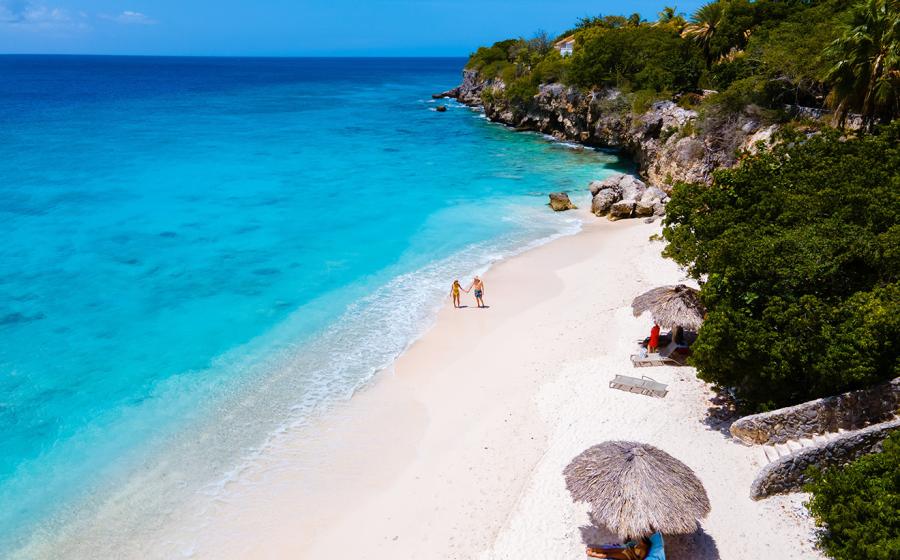Ask An Expert: Mandatory Redundant Air Systems?
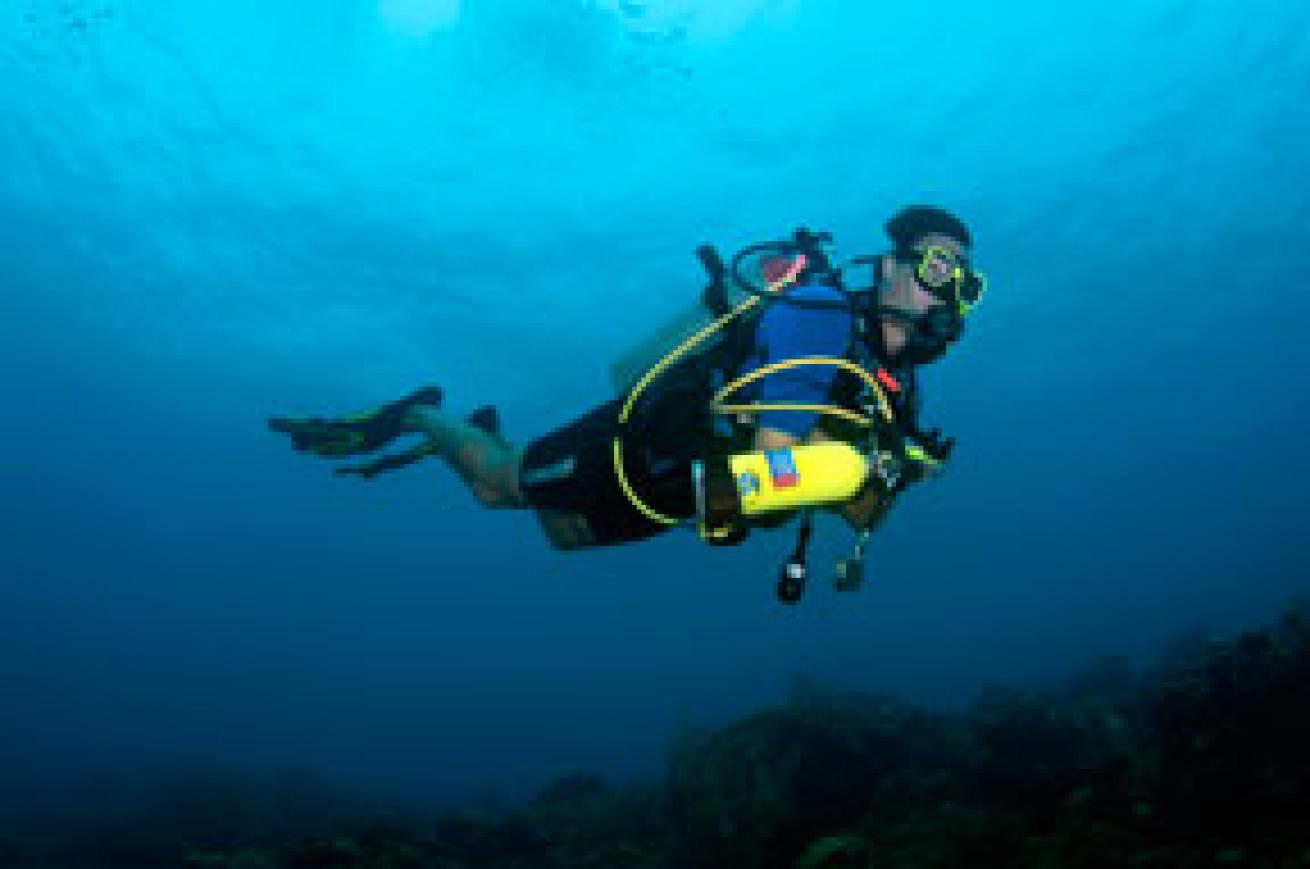
Barry Brown
Ask An Expert: Should Redundant Air Systems Be Mandatory?
Redundant air systems should be mandatory to ensure that prudent self-governance continues to prevent cookie-cutter regulatory requirements
By Melinda Herndon
There are two types of people in this world: those with a backup plan, and those who hope for the best and are willing to bet their lives on it. I’m grateful for the chance to have life-support equipment that can take me down a couple of atmospheres in the ocean to enjoy the sites of this big, wet, wild universe until the practical limitations of air, nitrogen or body temperature suggest an end to the adventure.
To quote Peter Parker in Spider-Man: “With great power comes great responsibility.” We cannot forsake our own duty and simply trust in perfection of circumstance. We must practice self-reliance in our underwater environment to an even greater degree than we do topside: There are no signposts indicating the number of fin strokes to the nearest tank-refill station or a AAA truck standing by to fix a free-flow.
We must be prepared to solve our own crises, and carrying a redundant air source is the most versatile and safest choice possible, as it creates a fail-safe for air volume as well as correct function of both stages of a regulator.
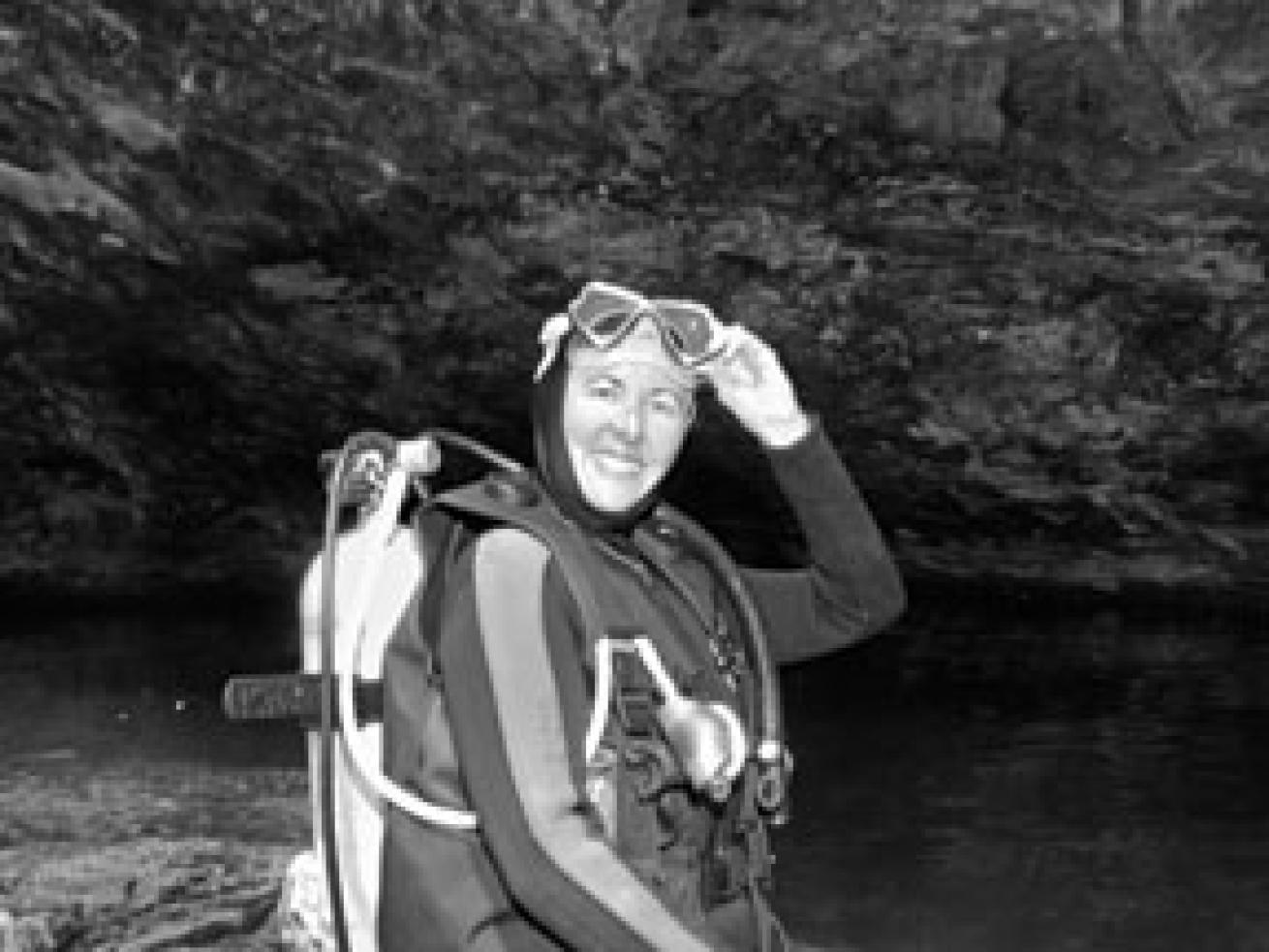
There are two types of people in this world: those with a backup plan, and those who hope for the best and are willing to bet their lives on it. I’m grateful for the chance to have life-support equipment that can take me down a couple of atmospheres in the ocean to enjoy the sites of this big, wet, wild universe until the practical limitations of air, nitrogen or body temperature suggest an end to the adventure.
To quote Peter Parker in Spider-Man: “With great power comes great responsibility.” We cannot forsake our own duty and simply trust in perfection of circumstance. We must practice self-reliance in our underwater environment to an even greater degree than we do topside: There are no signposts indicating the number of fin strokes to the nearest tank-refill station or a AAA truck standing by to fix a free-flow.
We must be prepared to solve our own crises, and carrying a redundant air source is the most versatile and safest choice possible, as it creates a fail-safe for air volume as well as correct function of both stages of a regulator.
The size of the alternate air supply has direct correlation to the sort of diving that you do. I’ve been happily attaching a pony bottle to my cylinder band for the past 15 years. I practice deploying it on a regular basis, and its inspection is integrated into my mental checklist before each dive.
This solution is right for me because I like to take photos, so I stay where the light is. I realize that deep- or mixed-gas divers have different redundancy requirements.
How likely would it be to find a debate over whether or not a skydiver should remove a backup parachute to make for more-streamlined skydiving? Who would choose cookie-cutter regulatory requirements that are legally enforced upon all, regardless of the diving situation, in favor of the freedom to choose the alternate-air system that is correct for a diver’s specific dive profile?
Your partners in diving — your instructor, divemaster, boat captain, resort operator or dive shop — should be your go-to people in helping you find the correct alternate air system for your situation.
If the scuba world experiences preventable deaths due to omissions of this essential redundancy, then we will find out-of-touch governmental agencies mandating what is required of us. The value of self-reliance cannot be overemphasized in the pursuit of adventure — or life.
Melinda Herndon is a NAUI Scuba Instructor, CEO of Scuba.com and director of eScuba Pty Ltd. She has been diving since she met her husband, James, 22 years ago.
The scuba gear you already use should be enough to bring you down and back up safely
By Peter van Scoik
Jacques Cousteau once said, “The best way to observe a fish is to become a fish.” “Everything should be made as simple as possible, but not simpler,” said Albert Einstein. What does it mean for scuba divers, you ask? You should not be required to carry a redundant air system.
Cousteau and Gagnan’s 1946 double-hose Aqua Lung was easy to use, reliable and safe for sport divers. There was no backup, except for a reserve valve on the cylinder (J-valve), and sport diving thrived. Single-hose regulators followed, again without backup devices, and sport diving thrived. Cave-diving pioneer Sheck Exley promoted using the octopus (backup) regulator and accident analysis in the 1970s to improve safety. Integrated inflator/backup regulators were introduced to the market in 1979, but redundant backup air systems were still rare.

For decades, scuba instruction emphasized swimming and skin-diving (breath-hold) skills, self-reliance and the buddy system. Buddy breathing from a single regulator was taught and practiced. Emergency swimming ascents were taught and practiced. In 1979, we buddy-breathed, and I learned with no octopus (backup) regulator.
Today, many divers fail to practice buddy and self-rescue skills. Many fail to make a dive plan, and neglect to calculate and observe minimum gas reserves for their dive. Your reserve should be enough to get you and your buddy to the surface.
Some would argue for purchasing another piece of gear — a Spare Air or pony bottle — and all is well. Does more equipment ensure safety or does it encourage complacency? Do more layers of equipment offer Murphy more opportunities to strike? I’d rather be as free as possible, swimming like a fish, than festooned like a Christmas tree in the quest for more safety.
Some divers absolutely need redundant air. For example, those who dive for fun or who work under any ceiling — boat hull, ice, shipwreck penetration, cave or required decompression — should consider redundant air essential. Rebreather divers need bailout gas, and solo divers would benefit from an alternate air supply too. Some sport divers who fixate on or get distracted by their tasks (photographers and hunters) might benefit from redundant air as well.
Unless you’re one of these divers, you should be free to take only what you need, and keep your equipment simple and streamlined. Rely on yourself, well-maintained equipment, a dive plan and a good buddy. If Jacques Cousteau didn’t need backup, neither do you.
_Peter van Scoik is an avid sport diver. He owns a pony bottle, using it to test gear, blow-dry the lines after trips and accelerate campfires. _

